Inter-ethnic conflict has been greatly debated in the aftermath of the 1027 operations in northern Shan State, especially in light of the Ta’ang National Liberation Army’s (TNLA) nationalist ideology-based authority imposition.
In an effort to establish its administration in the ethnically diverse regions it captured during the 1027 operation, the TNLA has been working together with its Ta’ang Land and Education Council (TLEC). This has included removing members of other ethnic groups and placing Ta’ang people in administrative positions. The TLEC rationalized these personnel changes by saying that the prior workers had not taken part in the civil disobedience campaign (CDM).
At all schools operating by the TLEC, students now must wear uniforms that have the TLEC logo. Additionally, the TNLA has seized the land of residents and leased it to business people.
However, the TNLA’s nationalist policies have led to protests from local non-Ta’ang communities. People are avoiding using TNLA-administered services such as hospitals. They instead chose to use the private hospitals. The TNLA thus levied taxes on the private hospitals, ordering each of them to pay at least twelve million Kyat (USD 6,000) annually.
In my point of view, if the TNLA carries on its rule over multi-ethnic communities with nationalist ideology, inter-ethnic strife will continue to intensify and peace will be difficult to achieve in Shan State.
As a result, the engagement of unbiased experts who respect the rule of law to draft the laws and constitution is critical to addressing the situation. They must also have an extensive understanding of Shan State history as well as knowledge of the Federated Shan States.
Thus, the important questions are whether such qualified moderators exist and, if so, why they have not acted. If not, it is critical to identify when and how such a body should be established.





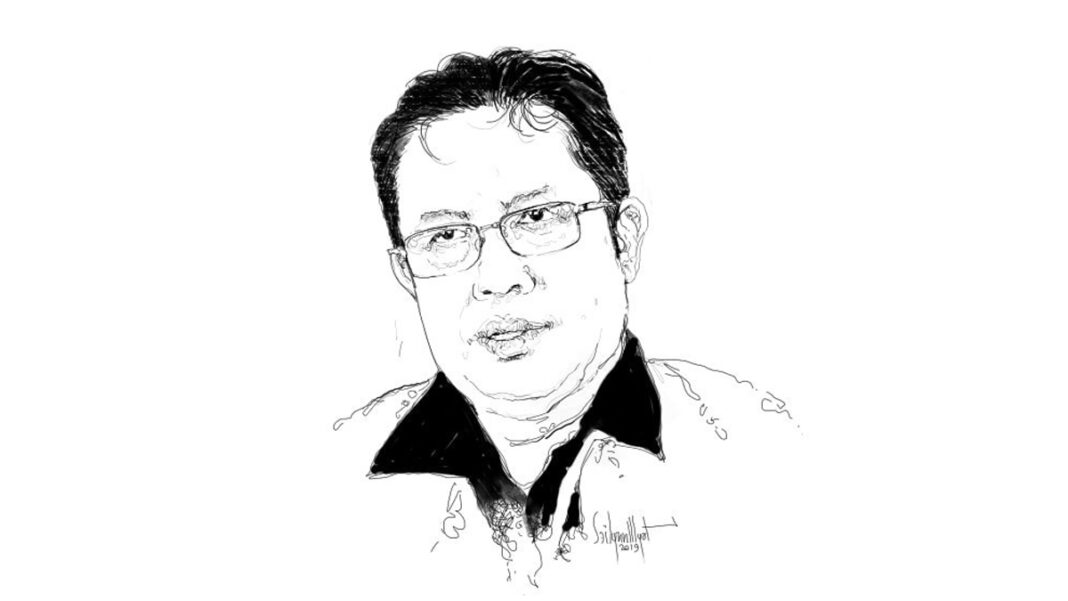
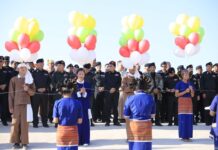
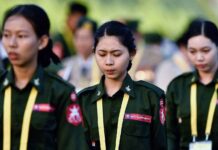
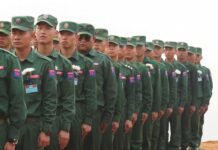
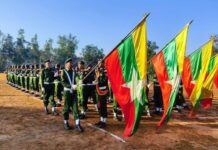
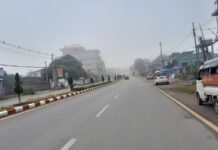

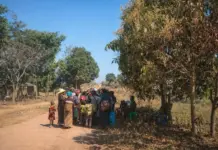
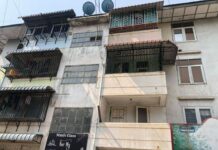
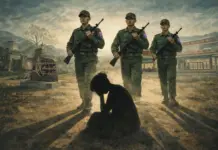
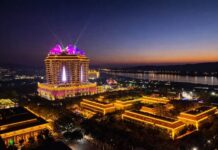

Leave a Comments